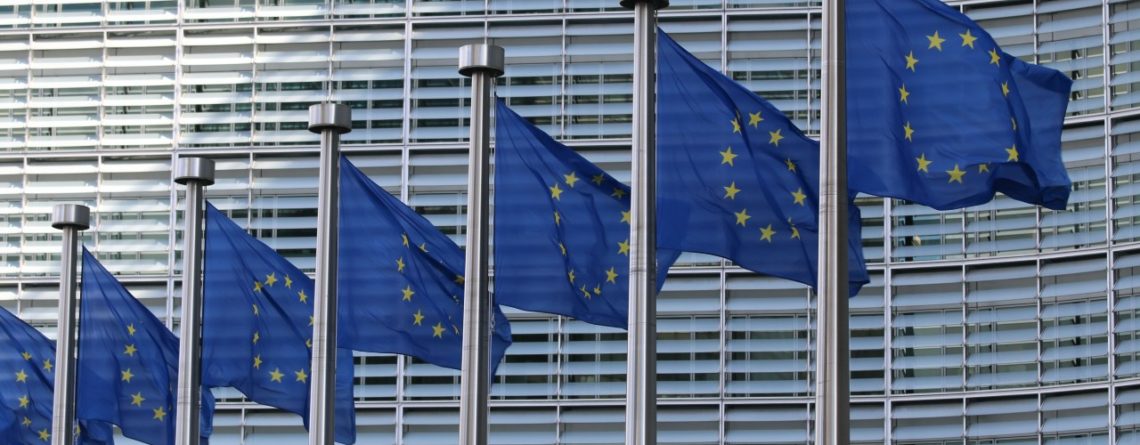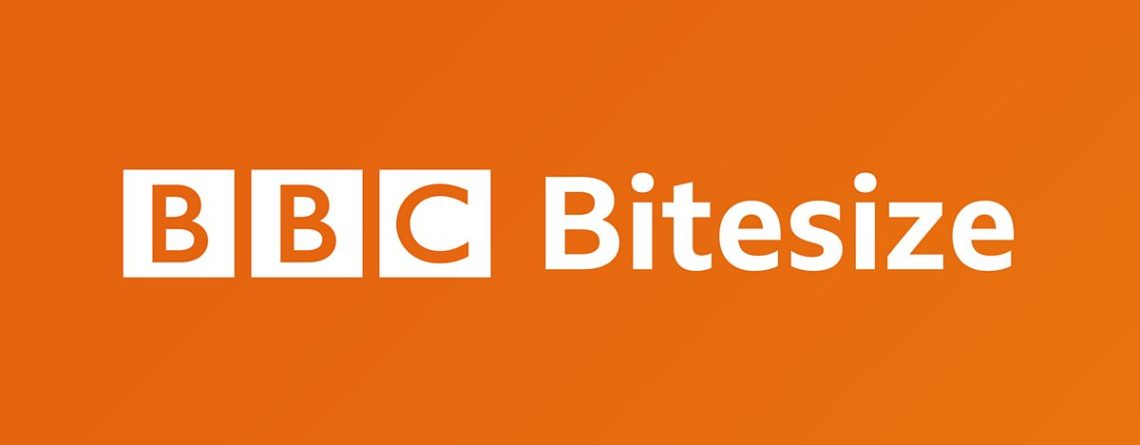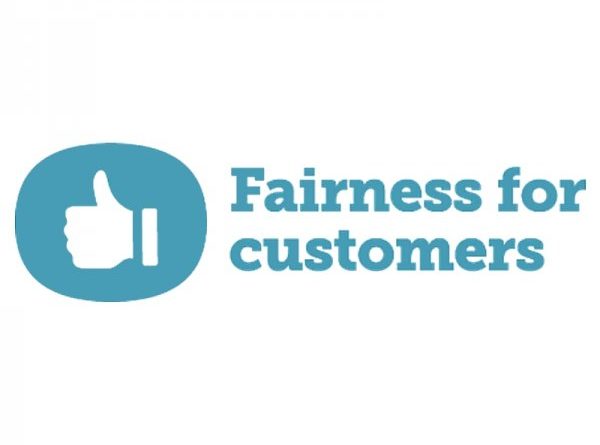BSG report – The impact of COVID-19 on the digitally excluded
The impact of COVID-19 on the digitally excluded
Broadband Stakeholder Group publishes research by Savanta ComRes into the impact of Covid-19 on digital exclusion in the UK
Broadband Stakeholder Group has published primary research on digital exclusion undertaken by the leading research consultancy, Savanta ComRes. The research closely examines the attitudinal challenges that the UK faces in encouraging greater internet adoption by 3.6 million digitally excluded citizens, alongside the financial, and skills-based aptitudes. The research examines the lived experience of 30 respondents during the first phase of the pandemic. The results suggest that that we may now need to broaden the scope of policy questions that relate to the pathways online for the digitally excluded.
The qualitative in-depth telephone interviews, undertaken between August and September 2020 by Savanta ComRes, highlighted the following findings:
- Internet adoption was primarily driven by social needs during lockdown restrictions and the physical separation from family and friends; with entertainment or online shopping purposes being more secondary drivers and benefits
- Concerns surrounding the benefit and value of digital connectivity and a lack of digital skills were key contributors to digital exclusion, with responders citing inability to decipher the steps to go online or build the digital literacy skills required. However, notably, attitudinal factors related to a perceived lack of need contributed to digital exclusion, with some respondents not seeing the benefits of learning digital literacy skills.
- Respondents cited the negative aspects of being online, such as the ‘keyboard warrior syndrome’ linked to the rudeness of people who are compulsively wedded to their digital devices, as a reason for not adopting digital skills during lockdown. However, for some parents digital literacy was required for their children’s educational needs to do online classes and homework.
- On a more positive front, fears around scamming, digital fraud, and identify theft that online adopters held prior to going online pre-pandemic have proved unfounded, prompting many to be grateful that they had to develop digital literacy skills.
















